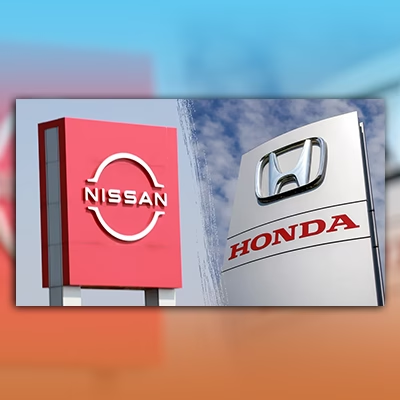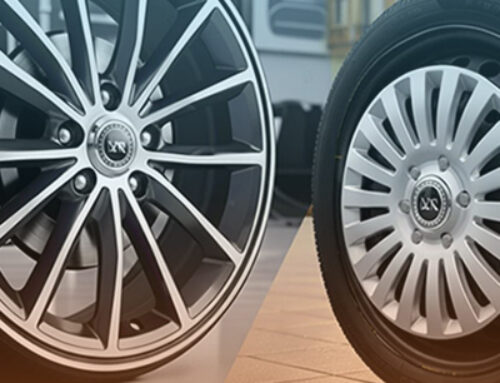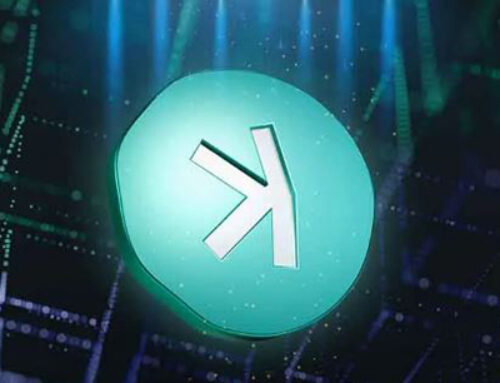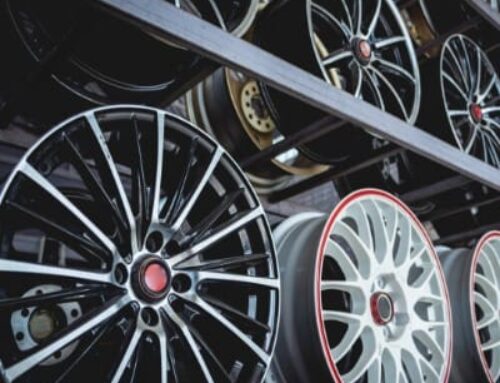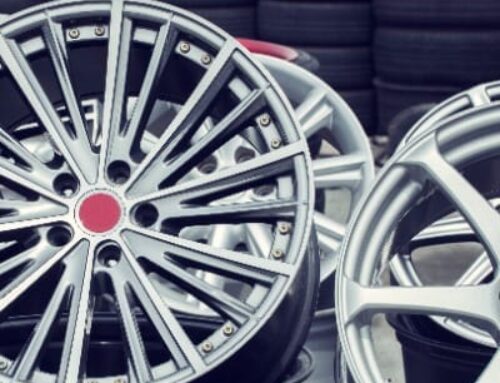Will Honda and Nissan Merge?
The automotive world is abuzz with speculation surrounding the potential merger between Honda and Nissan, two of Japan’s leading automakers. With the rapid transition to electric vehicles (EVs) and increasing competition from Western and Chinese manufacturers, a partnership of this magnitude could reshape the global automotive landscape. Let’s delve into the details to clarify what this merger could mean and answer key questions surrounding it.
The Context Behind the Merger Talks
Honda and Nissan are navigating a period of significant change in the automotive industry. Factors such as electrification, sustainability, and fierce competition are forcing automakers to rethink their strategies. Industry analysts suggest that joining forces could allow these companies to scale up, reduce costs, and accelerate innovation.
While Honda has seen some success with hybrid vehicles, both brands have lagged behind competitors like Tesla, Hyundai, and Kia in generating buzz around their EV offerings. Merging would create the world’s third-largest automaker by sales volume, following Toyota and Volkswagen, providing a much-needed competitive edge.
Why Honda and Nissan Might Merge
- Pooling Resources
By combining research and development (R&D) efforts, Honda and Nissan could advance their EV and autonomous driving technologies more efficiently. - Cost Reduction
Sharing manufacturing facilities and suppliers would cut production costs, allowing both companies to remain competitive in a challenging market. - Global Presence
A merged entity would strengthen their global market position, providing a better opportunity to compete with automotive giants and capitalize on emerging markets.
Challenges of the Merger
- Cultural and Strategic Differences
Honda and Nissan have distinct corporate cultures and approaches to innovation. Aligning these could prove complex. - Nissan’s Current Struggles
Nissan is already part of the Renault-Nissan-Mitsubishi Alliance and faces financial challenges, including restructuring and workforce reductions. - Brand Overlap
Both companies heavily rely on the U.S. market, with overlapping product lines in SUVs and sedans. Analysts suggest Honda, being the larger company, might dominate decision-making, potentially leading to the phasing out of some Nissan models or even the Infiniti luxury brand.
What This Means for Consumers
If the merger proceeds, consumers can expect:
- Expanded Product Offerings: New EV models tailored to a wider audience.
- Enhanced Technology: Faster advancements in connected and autonomous vehicle technologies.
- Potential Model Consolidation: Streamlined product lines to avoid redundancy between Honda and Nissan offerings.
However, any significant changes in product availability or dealership operations are unlikely in the near term due to the automotive industry’s slow pace of transformation.
The Timeline
The merger discussions are still in the early stages. Both companies have signed a memorandum of understanding and aim to finalize the merger by August 2026. Mitsubishi, in which Nissan holds a stake, is also expected to participate, broadening the alliance’s scope and potential impact.
Frequently Asked Questions
1. Will Honda and Nissan merge?
There is no certainty yet, but both companies have confirmed discussions. A decision is expected by mid-2026.
2. Why are Honda and Nissan considering merging?
The merger would help the companies pool resources, reduce costs, and strengthen their position in the global automotive market, particularly in EVs.
3. What challenges could the merger face?
Cultural differences, financial struggles at Nissan, and overlapping product lines in key markets are potential hurdles.
4. How would the merger impact customers?
Customers could see new, innovative EVs and enhanced technologies in the long term. However, some models or brands might be phased out.
5. What role does Mitsubishi play in the merger?
Mitsubishi is expected to join the alliance, further expanding its capabilities and market reach.
The question, “Will Honda and Nissan merge?” reflects the evolving nature of the automotive industry. While the merger could bring numerous benefits, including enhanced competitiveness and innovation, significant challenges remain. As the discussions progress, the potential union of these two iconic brands could mark a transformative moment in the world of mobility.

